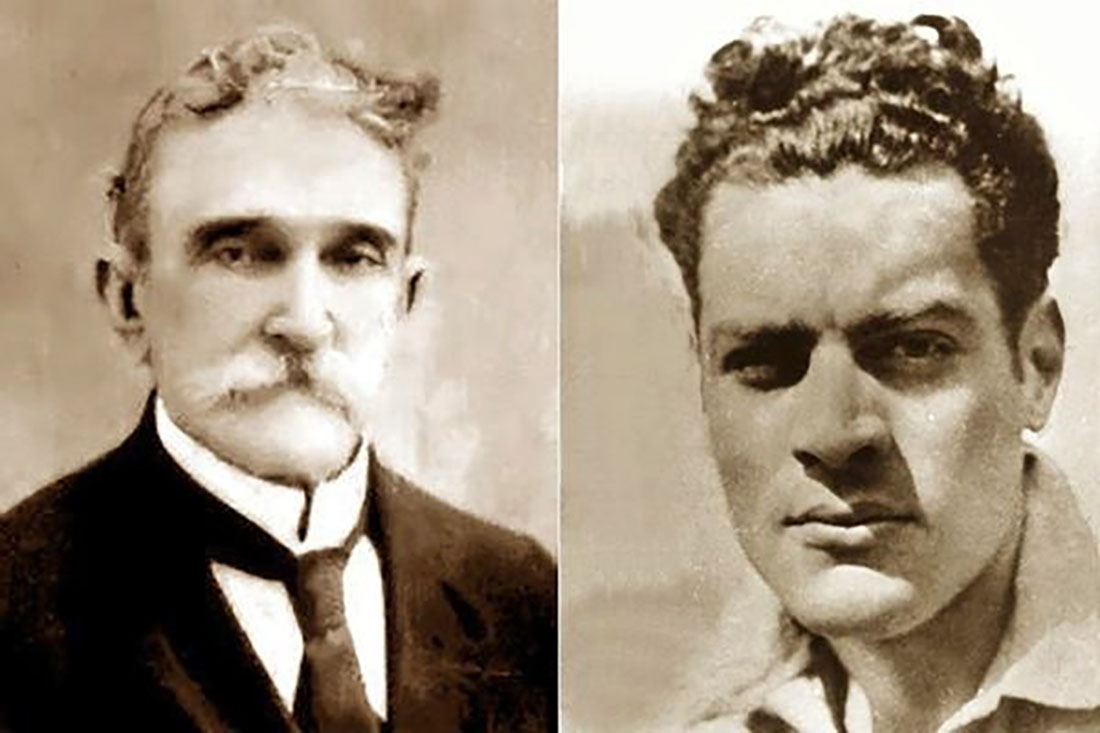By: Ricardo Muñoz Gutiérrez
The establishment of the Republic of Cuba in 1902 did not mean the country “with all and for the good of all.” The Cuba dreamed of by Martí became, on the one hand, a hacienda that was a source of wealth for the old oligarchy, the new politicians and their party camajans, and foreign capital, fundamental to the rapidly growing North American presence on the Island. The other part was the working and exploited people of the city and the countryside or, worse, the unemployed, mainly in times of crisis.
The internal situation and international influence, characterized by the October Revolution, the establishment of the Union of Soviet Socialist Republics and the Communist International, stimulated the dissemination of the ideas of Marxism-Leninism and the emergence of revolutionary organizations such as the communist groups of La Havana in March 1923 and later in Manzanillo, Media Luna, San Antonio de los Baños and Guanabacoa.
On August 16th and 17th, 1925, the First Congress of Communist Groups was held in Havana with the attendance of 17 delegates, among them the old fighter for independence and the Cuban Revolutionary Party, Carlos Baliño, the student leader Julio Antonio Mella and a representative of the Communist Party of Mexico; everything in strict secrecy before the government of Gerardo Machado.
The main agreement of the conclave was the creation of the Communist Party of Cuba, and its adherence to the Communist International led by Lenin. José Miguel Pérez, later expelled from the country for being a fighter of Spanish origin was chosen as general secretary, and Mella, Secretary of Propaganda.
The PCC was born in hiding, and from that position, together with the National Workers’ Confederation of Cuba -which had been founded in Camagüey in the first days of August, also in 1925- made an extraordinary contribution to the Cuban revolutionary movement. These organizations were the fundamental forces that defeated the Machado dictatorship with the general strike of August 1933.
The consecration of the Cuban communists at the service of the people’s struggle in conditions of illegality, extreme persecution and political misunderstanding of other progressive or nationalist forces that rejected unity of action with the Party and the rejection of socialist ideas by sectors of the population permeated by anti-communist propaganda made the work of the Communist Party very difficult; However, over the years they were gaining revolutionary prestige in society.
Some political errors committed by this political vanguard due to the influence and orientations of the international communist movement in terms of strategy and tactics of struggle serve to appreciate how they were at different historical moments, rectifying and adapting their behavior to the new conditions.
An important role was played by the communist representatives in the articulated and progressive character of the 1940 Constitution; In addition, the Party was the protagonist in the political and ideological education of worker and farmer sectors.
After the triumph of the Revolution in 1959, the leadership of the Popular Socialist Party (as the communist party was then called) agreed, in favor of the unity of the Cuban revolutionaries, to join forces with the Integrated Revolutionary Organizations, under the leadership of leader Fidel Castro.
Translated by: Aileen Álvarez García






